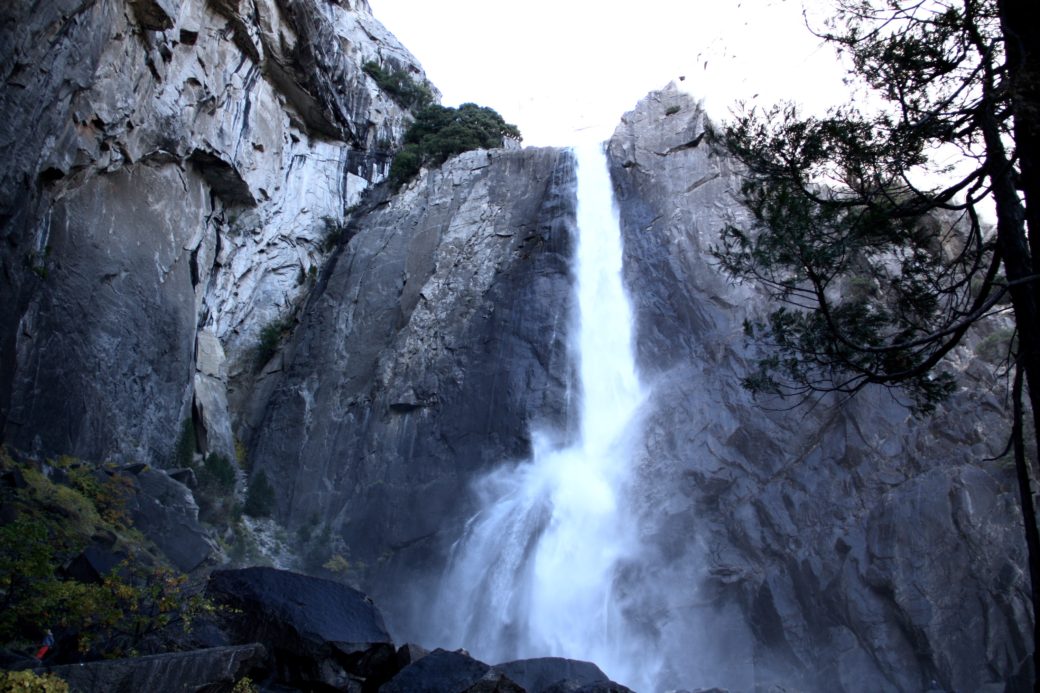“Oh, so you’re vegetarian because you’re Indian right?”
This one question has been inquired for years now, and my continual rejection of it has inspired me to write this post. I first was vegetarian simply because my family was vegetarian, but that’s not to say it was merely due to my heritage. I have more Indian friends that consume meat than those that do not, so the conjecture that my skin is the reason for my lifestyle is one of great ignorance. My mom was vegetarian out of cultural respect for animals, while my dad experimented with meat in college. They both live fully green lives now, which motivates me to continue a similar palette.
When I was around 13 or 14 I knew I had the choice to begin integrating meat into my life, as my brother had done so, or to continue living as a vegetarian. I was mainly tempted to consume meat because a majority of my friends ate it, and I was tired of being the outlier that couldn’t have soups with chicken broth or pastas with meatballs. The conformist me wanted to become a meat eater naturally from day to night, yet in reality when I tried a piece of meat I found it to have the texture of tofu with the after taste of something ghastly. To this day I know that if I really wanted to eat meat I would have grown to accept its flavor, one day even appreciating it, but in that moment my repulsion of it allowed vegetarianism to become my life long journey.
My devotion to the environment did not start until ninth or tenth grade, and upon research I found that what I used to consider a burdensome lifestyle was actually a hidden blessing for the environment. I soon realized that being vegetarian meant not only rejecting animal cruelty, but also a step toward reducing the emission of greenhouse gases and water contamination. This transformation furthered my values as I became more active in protecting the environment and advocated for others to adopt a similar stance.
Currently the comment I receive most is that my lifestyle does not significantly facilitate change in the environment. I’m not going to lie and say that the population of vegetarians is even comparable to that of carnivores. The 375 million of us, however, have chosen this path for personal reasons and I do not feel that discrediting the movement is fair in any way. I am sure that if all of us suddenly decided to eat meat that the industries would rise and even more methane would be released, along with a spike in water contamination. Additionally, the population of vegans (and even pescatarians) is rising as social media is promoting green eats as well as is portraying veganism in an aesthetic style. In this way we really do contribute to the planet in a positive manner and that rejuvenates my dedication to this lifestyle.
I affirmed this position during my drive to Yosemite, passing fields of deprived pastures with cows awaiting their imminent deaths. The very closures were heart breaking as they barely offered any space for the cows to roam freely, restricting their movements like a prison. The grass I used to know as green was brown and dry, lacking the water necessary for proper fertilization. As climate change has severely impacted the environment, the repercussions were obvious to me, and the image of tarnished fields and sulking animals fueled my commitment to sustainable practices.
I still have many friends that eat meat and I don’t judge them for it, or even try to convince them otherwise. I just realized that I don’t have to feel a pressure to fit that mold, and can defend my decision as it aligns with my own passions and ethics.
